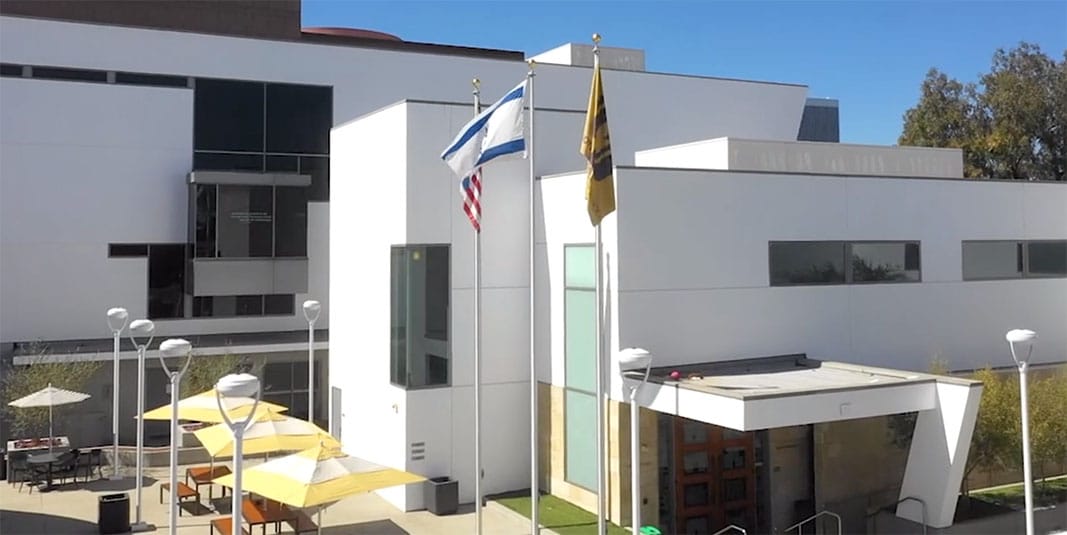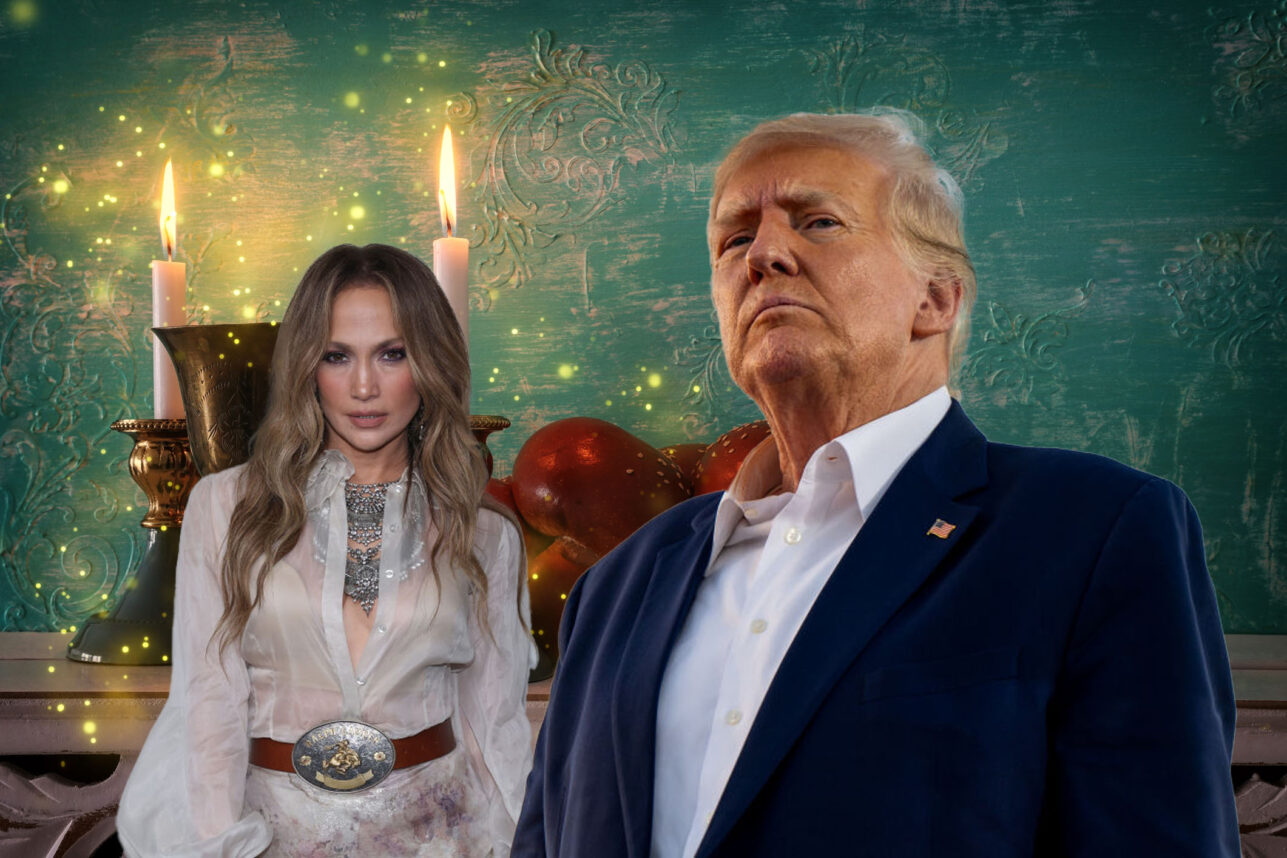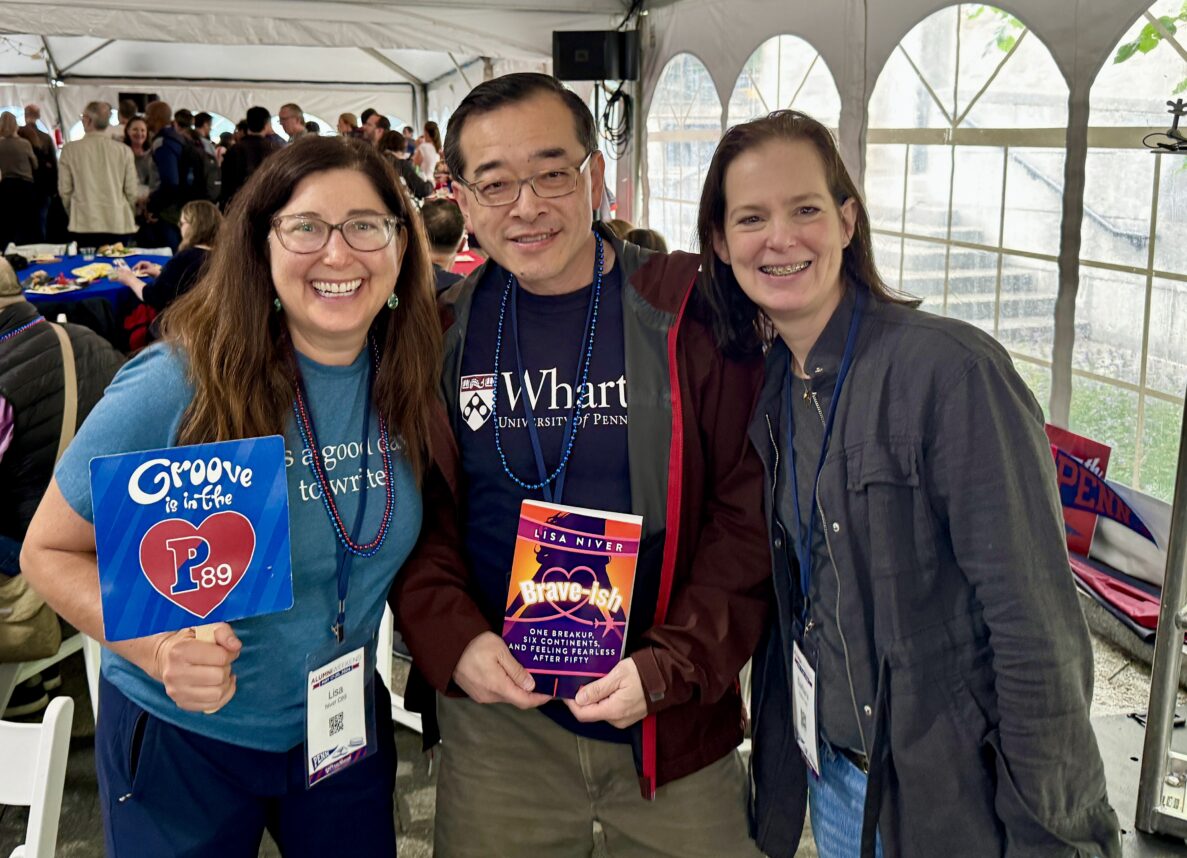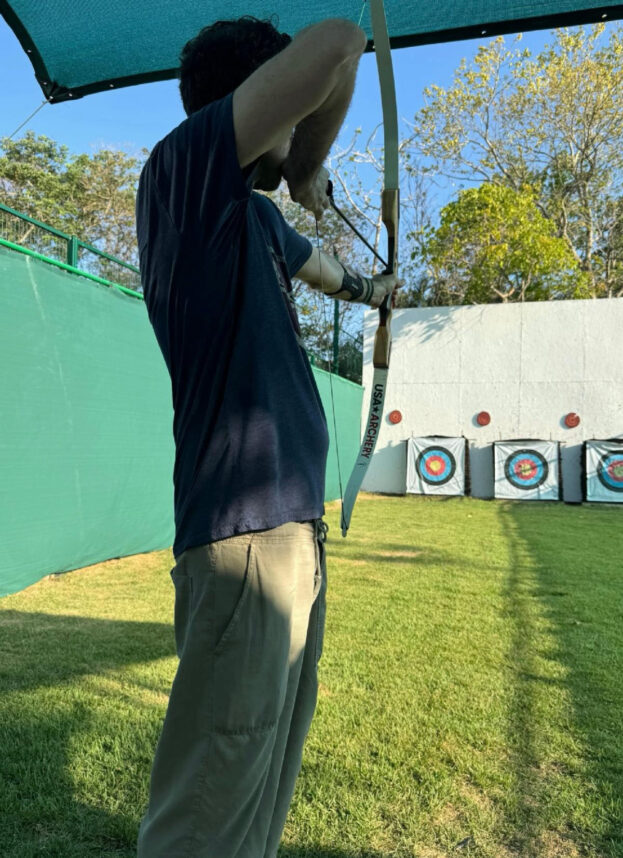There’s a simple message for heroine Nessa Stein in “The Honourable Woman,” a scintillating British miniseries concerned with Israeli-Palestinian peace. It is delivered to her — and us — in a radio interview, as Nessa is grilled about her plans as the newest member of British Parliament:
“It never ends well for idealists in the Middle East, does it?” a foreboding voice inquires.
It’s a rhetorical question, obviously, and Nessa’s resigned silence confirms the interview is over. But it is also equally clear that despite her moment of despondence, she is not overcome. In fact, the darker things seem to get for her, the more determined she becomes. Is Nessa an idealist or simply insane?
The unintended consequences of an idealist’s good intentions is a recurring theme in “The Honourable Woman,” produced by the BBC and starring Maggie Gyllenhaal; the show’s premiere on Sundance TV last July was clouded by a haze of bomb smoke discharged by two of its other stars — Israel and Gaza. But it is as relevant now as it was supercharged by conflict then. (It is available via iTunes and Amazon, and is coming soon to Netflix.)
The Middle East political thriller is as riveting as “Homeland” but decidedly smarter and a whole lot more Jewish. Nessa and her brother, Ephra Stein, are heirs to an arms manufacturing business created by their father, who is brutally murdered before their eyes in the show’s opening scene. Learning from their past, the siblings change the family tune: Where their father supplied arms to the Israeli army, Nessa and Ephra have chosen to supply “equality of opportunity” to the Palestinians, laying millions of miles of fiber optic cables throughout the West Bank — for phone and Internet — insisting that peaceful co-existence will come with education and communication.
“Terror thrives in poverty,” Nessa tells a group of businessmen and diplomats. “It dies in wealth.”
Lack of resources is a perennial cause of war. Look no further than Congo, or throughout the Arab world, for proof of how limited means breed anger and violence. But what is also true, and what Nessa seems to forget, is that for some, ideology can be more powerful than plentitude.
And yet, her insistence upon a vision is inspiring. Listening to her rally a room of Israeli and Arab business types to the cause, it is hard not to notice that she has no counterpart in the real world.
Contrast, for example, Nessa’s progressive presentation to Israeli Ambassador Ron Prosor’s recent remarks at the United Nations, where, once again, the Israeli-Palestinian tale since 1948 was relayed as an us-versus-them “battle” between “those who sanctify life and those who celebrate death.” To political realists, idealists like Nessa may appear naïve, but at least they look to the future.
In Israel, political partisanship in the Knesset is looking a lot like the never-ending stalemate between Democrats and Republicans in U.S. Congress — perhaps even worse. On Dec. 2, Prime Minister Benjamin Netanyahu announced he was firing his top ministers — Justice Minister Tzipi Livni and Finance Minister Yair Lapid — because he “will no longer tolerate an opposition within the government.”
Never mind, for a moment, the frightening implications of that statement for the very idea of democracy — it unequivocally crumbles any hope of peace negotiations. Someone who cannot “tolerate opposition,” who cannot reconcile parties within his own coalition, is hardly going to be able to reconcile Israel and Palestine.
In another instructive moment in the show, an Israeli businessman tells Nessa that her choice to award a multimillion-dollar contract to a Palestinian is wrongheaded and dangerous. Breezily nonchalant, she replies, “It’s the Middle East, Shlomo — enemies is what you make.”
Netanyahu would do well to heed Shlomo’s advice: “All the more reason to keep your friends.”
With government so dysfunctional, it’s no wonder idealism has fled to fiction. It is a place of possibility, where fresh ideas and political risk-taking are rewarded with deep consideration. We may not agree with what a show portrays, but we will watch — and listen.
On TV, we see the perilous but necessary existence of visionary leadership. Although Nessa’s world is filled with danger and secrets so dark she must sleep in a safe room, her dream of peace is unwavering. Even when a child close to her is kidnapped and she can barely speak without tears, she insists, “Nothing can change because of this.”
Idealists are never guaranteed a happy ending. In the show, plans are upended, good people lose their lives, and yet our heroine cannot abandon what she intends to do. Like Abraham Lincoln, Martin Luther King Jr. and Mahatma Gandhi before her, Nessa knows she must risk all for her belief in a better world.
“Is it worth a child’s life?” her sister-in-law, Rachel Stein, asks her in one harrowing scene.
“No,” Nessa says. But she is lying.
Nessa knows that far more children will die if the status quo persists. That hard choices must be made to realize a better future. The pain torments her nightly; there is no easy road forward. But journeying ahead beats staying stuck.
After all, the progress of the world depends on movement over mire, on innovation over intransigence. What Nessa understands is that pursuing a bold agenda is as vital to the continued existence of the Jewish state as it is, for her, politically and personally costly.
What leader do you know who would sacrifice so much?























 More news and opinions than at a Shabbat dinner, right in your inbox.
More news and opinions than at a Shabbat dinner, right in your inbox.